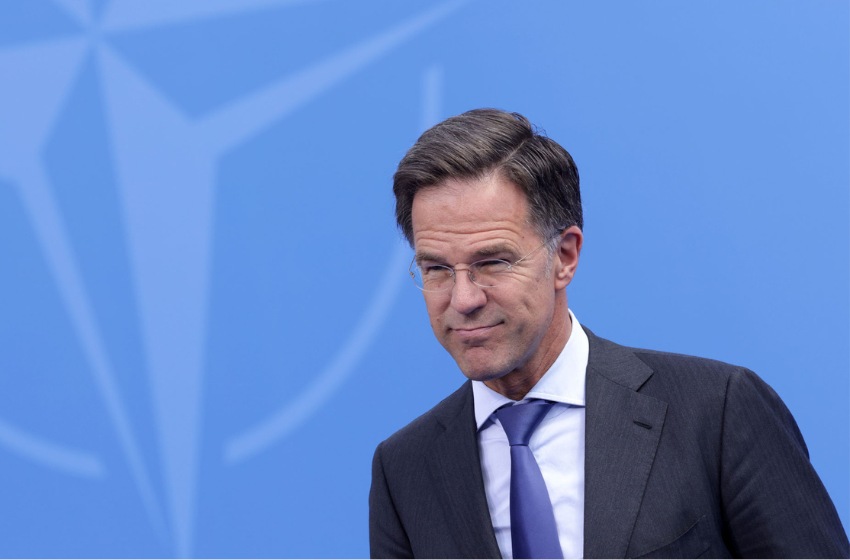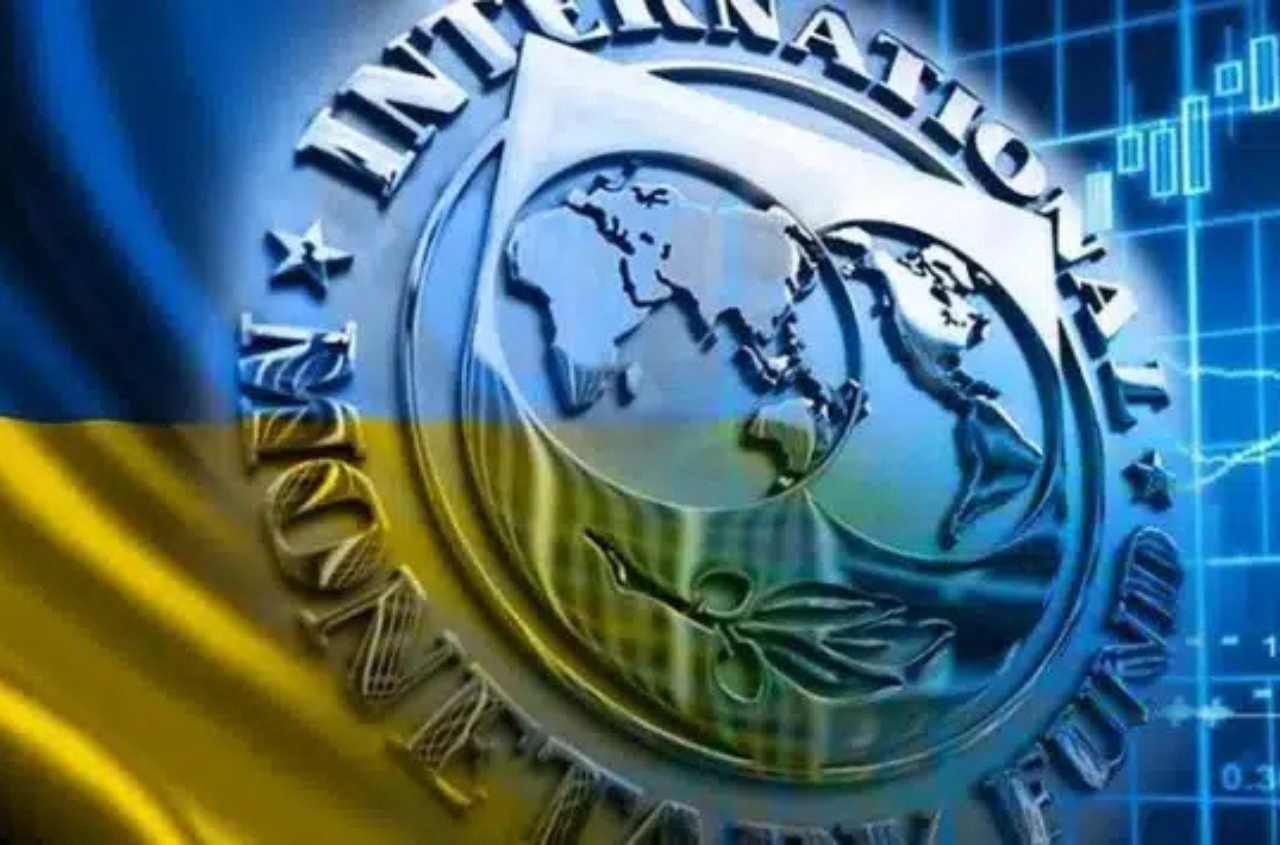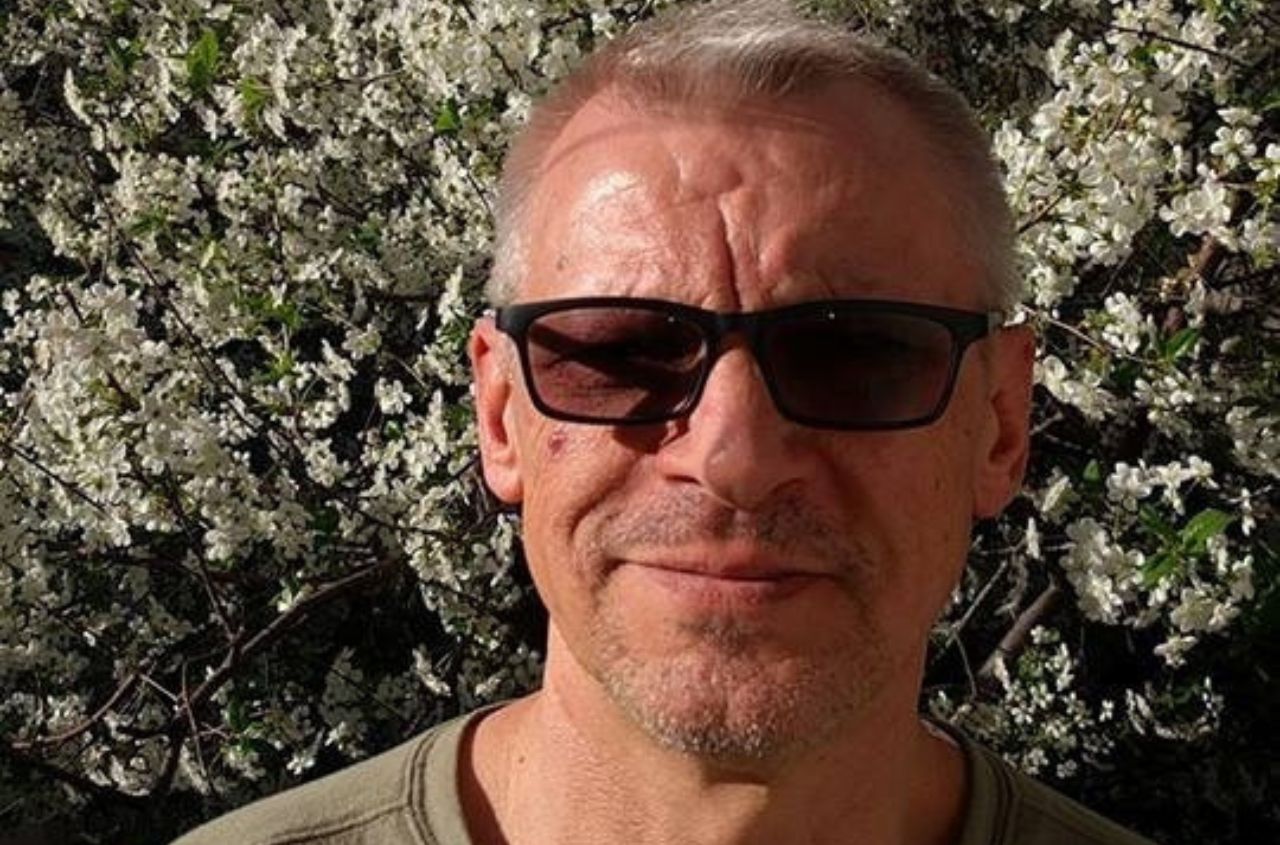Putin's Russia shows no desire to end the war against Ukraine and hopes to break Ukraine's resolve in resistance and NATO's determination to support Ukraine, but in both cases, the Kremlin is mistaken.
This was stated by NATO Secretary General Mark Rutte during a press conference in Brussels before the two-day meeting of NATO foreign ministers.
"Ukraine is entering a crucial winter, and Russia shows no signs of stopping, escalating its rhetoric and reckless actions. It is using Ukraine as a testing ground for its experimental missiles, and employing North Korean soldiers in this criminal war. Putin is not interested in peace; he continues to apply pressure, attempting to seize more territory. He thinks he can break Ukraine's resolve and ours. But he is wrong. Ukraine has the right to defend itself, and our duty is to help it. Therefore, we must continue our firm support," Rutte emphasized.
He confirmed that this evening there would be a Ukraine-NATO Council meeting in the form of a working dinner, where NATO allies will meet for the first time with Ukraine’s Minister of Foreign Affairs Andrii Sybiha. EU High Representative for Foreign Affairs, Josep Borrell, will join the meeting, as NATO and the EU need to work more closely together to strengthen support for Ukraine.
Rutte reminded that during the Washington summit, allies agreed on a financial contribution of 40 billion euros in security aid for Ukraine this year, and allies remain committed to achieving this goal.
"I welcome the announcements of new aid packages from the U.S., Germany, Sweden, Estonia, Lithuania, and Norway – these are great news. We are establishing a new NATO command in Wiesbaden to coordinate security assistance to Ukraine. This will make our support firmer and more stable. But we all need to do more, especially now. The stronger our military support for Ukraine now, the stronger its position at the negotiating table will be, and the sooner we can end Russia's aggression against Ukraine once and for all," the NATO Secretary General said.
Today in Brussels, a two-day meeting of NATO foreign ministers began, with one of the main topics being the increase of support for Ukraine and countering hybrid attacks by Russia and other totalitarian regimes against NATO countries.





















